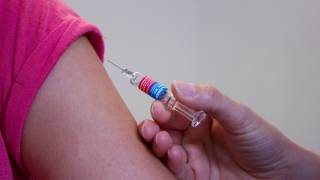EU Decrees Vaccines Defective Without Scientific Proof

The European Court of Justice issued a legal opinion on June 21, 2017, which says a vaccine can be considered ‘defective’, and therefore liable, without specific scientific proof.
This EU ruling added that courts must ensure that evidence is "sufficiently serious, specific and consistent to warrant the conclusion," to then decide that a vaccine is the most plausible, non-scientific, explanation for any damage to health.
The EU ruling says that “if a disease occurrence follows shortly after the vaccination in a patient with no personal and familial history of the condition, and if there exists “a significant number of reported cases,” the EU’s national courts can consider it sufficient evidence to determine a vaccine defect.”
The court went on to state that such factors could lead a court to determine that "the vaccine therefore does not offer the safety that one is entitled to expect."
According to the Health and Human Services (HHS), the United States has the safest, most effective vaccine supply system.
As of May 1st, 2017, 712 petitions for serious vaccine injury or death have been filed this year. This follows 1,120 petitions filed in 2016, which was the highest number of cases over the past ten years.
On average, it takes 2 to 3 years to adjudicate a petition after filing a claim.
In situations where there may have been a vaccine side effect, the National Vaccine Injury Compensation Program (VICP) allows individuals to file a petition for compensation.
The National Childhood Vaccine Injury Act of 1986 created VICP, which is a no-fault route for people injured by vaccines to win damages from a government trust fund financed by an excise tax on vaccines.
This law preserved the right for vaccine injured persons to bring a lawsuit in the court system if federal compensation is denied or is not sufficient.
Our Trust Standards: Medical Advisory Committee
























